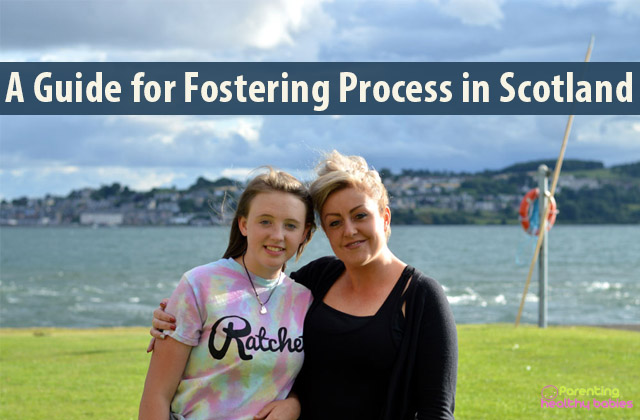When your baby is teething and in pain, it is a horrible experience for your whole family, especially your little one. Watching your child cry in pain while you watch can certainly cause feelings of helplessness. The good news is that it doesn’t have to feel this way. There are things you can do help soothe your baby’s teething process. Here are 6 ways that could help ease your child through the teething process.
Recognize the Signs:
There are clear signs that will tell you when your baby is beginning the teething process. By looking for the signs you could save your baby a lot of heartache. Look for increased fussiness or a sudden change in eating or sleeping patterns. These changes could be due to teething.
Signs of Baby’s Teething
- Gnawing: As a tooth begins to emerge underneath the gums, the natural way for your baby to get some relief from the pain is to gnaw on their gums, creating a kind of counter pressure.
- Puffy gums: Your baby’s gums might start to look swollen and bruised. Teeth breaking through your baby’s sensitive gums will look as it is painful. It isn’t uncommon for the gums to swell and for the teeth to be almost visible.
- Excessive Drooling: While drooling is a part of the development of babies, it can indicate teething as well. A great way to tell is to look for multiple symptoms.
- Ear Pulling: This is a more unusual symptom. What can happen is when your baby is teething the pain might radiate from their jaw to their ear. They might pull on their ears to try and relive the pain.
Best Ways to Ease Your Baby’s Teething Symptoms
- Use Safe-to-Gnaw-On Teething Toys
Your baby will most likely try to gnaw on most any kind of toy they are given, or anything for that matter. However, it is important to give them the kinds of toys best suited for chewing. The best kinds of teething toys are silicone based. These can be easily cleaned and sanitized. They typically come in very fun colors and shapes. When looking for toys that will spend all their time in your baby’s mouth, go for any toy labeled eco-friendly and non-toxic. It might seem like a good idea to freeze these toys, but it isn’t. Contact with something too cold could cause more harm than good.
- Freeze It
Unlike silicon or rubber toys, freeing wet cloths is a great way to help soothe your baby’s pain. Keep one edge of the cloth dry so that your baby can get a good grip. The cold sensation will be an instant pain reliever and the soft cloth is a perfectly safe thing to gum.
- Massage
Massage your baby’s gums can really help to soothe their sore mouth. In order to do this safely, you first want to dry any drool from your baby’s mouth. Then take your freshly washed hand or a bit of moistened gauze to gently rub your baby’s gums in a circular pattern. The additional pressure can help ease the pain.
- Baltic Amber Teething Necklaces
An amber teething necklace from the Baltic Sea region has a pain relieving element; when worn against your baby’s skin the heat triggers the properties in the Baltic Amber, which helps in reducing inflammation and pain. This is a great natural option for those parents looking to avoid over the counter medicine as much as possible. They can be worn all day and taken off at night. Using these necklaces can result in a happier baby (and a bit less drool)!
- Consider Hard Foods
Giving your baby a frozen a carrot or a cucumber to gum can help relieve the pain. This is a healthy and easy method because the hard vegetables can give your baby something tasty to suck on. This should only be done when your baby is directly under your supervision. Chunks of vegetables can dislodge and present a possible choking hazard. It is best to take the vegetable away if it seems that there are cracks appearing in it.
If All Else Fails Try an Over-the-Counter Remedy
If your baby is cranky or is missing sleep or meals it might be time to consider an over-the-counter medicine to help alleviate the pain. This method is one that many parents try to avoid. Many teething medicines have Benzocaine in them. This is a pain reliever that can cause a very rare and serious condition. This condition reduces the amount of oxygen in the blood. This risk, no matter how small, could leave parents seeking additional options.
When our babies are hurt, we want to find the best way to help them. Choosing any combination of these methods are sure to leave you with a healthier, happier baby.













